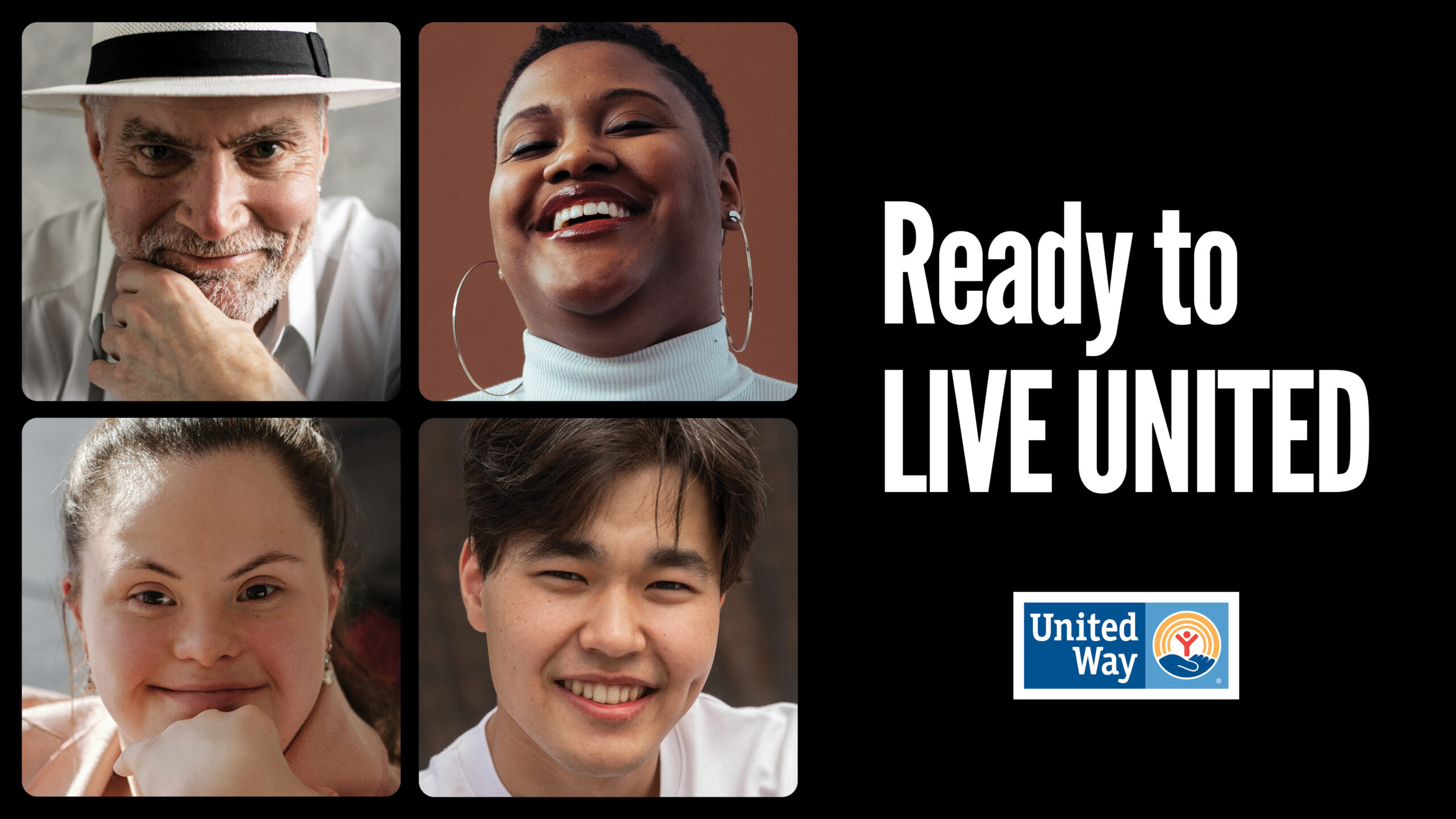Every day, our friends and neighbors in Whatcom County struggle with issues that may seem impossible to solve.
- Individuals who are working but still can’t afford the cost of food, housing, and other basic necessities
- Youth and families with no access to housing
- Women and children living in fear of violence
- People without the skills and training needed to make a living wage
- Hard-working parents who can’t find or afford child care
- Individuals who are suffering with mental health and addiction issues
These are tough problems that threaten the health, future, and financial stability of individuals and communities.
But together, we can help.
The pandemic has made things worse for so many people and families who were already struggling. More than 225 million jobs have been lost around the world, with U.S. job losses disproportionately impacting women, people of color, and low-wage workers. COVID-19 has also exacerbated systemic racial and ethnic inequities across the nation and in our local communities.
For example, pre-pandemic data showed that Black Americans were already earning less, were far less likely to own their homes, and tend to live shorter lives than white Americans. Studies show that during the pandemic, the majority of Latino (72%), Black (60%) and Native American (55%) households in the U.S. are reporting serious financial problems, versus 27% of Asian and 36% of white households.
These hard truths offer a great opportunity for learning. We know that achieving financial stability can be a bigger hill to climb for women and people of color, and that sometimes that hill is more like a cliff. But do we know the history of why?
We can Learn.
If we want to make positive change moving forward, we have to learn from the mistakes of the past. As part of our commitment to closing economic opportunity gaps in Whatcom County, we are partnering with Whatcom Asset Building Coalition to sponsor a series of webinars on the history of racism and sexism in finance. These sessions are very interactive and best attended live.
If you’d like to join us, we’d love to see you at one of these virtual sessions!
Tuesday, July 20 at 2PM – History of Racism in Banking
Tuesday, August 3 at 2PM – History of Racism in Housing
Tuesday, August 17 at 2PM – History of Women in Finance
These sessions were extremely eye-opening. Get more info and watch the playbacks here
United Ways are working to improve financial stability for everyone, in every community we serve. Across a global network of nearly 1,200 United Ways, we’re offering help with basic needs. We’re connecting people to housing, mental health services, and other community support systems. We’re working hard to solve tough problems, to increase economic mobility, and to close the divide between who has access to education and other financial opportunities. Together, with a network of local nonprofits, we’re working to break the cycle of poverty in our communities, and make sure everyone has the tools they need to be successful— regardless of race, age, gender, ability, or any other identity.
This is what it means to Live United.
Worldwide, United Way impacts 48 million people, including:
- Almost 1.3 million people who accessed affordable housing, financial products and services
- 472, 231 people who received job-skills training for career opportunities
- 365,555 youth who got jobs skills training
Here in Whatcom County, approximately 1 in 4 local residents gets help from a United Way funded program each year. That’s about 50,000 people. Maybe you’ve been one of them.
United Way does more than raise money. We are the problem solvers. The hand raisers. The game changers. We surround a community’s most critical problems and work to find solutions. Together with our partners— including more than 45,000 companies across the globe and over 100 local businesses— we’re offering hope and help where it’s needed the most.
We’re building stronger communities, but there’s still so much more to do. Around the world and in our own backyard, we will continue to improve lives, one person, and one story at a time. Want to learn more about how we do it? Check out these feel-good stories. Be sure to have some tissues handy, as you may cry a happy tear or two.
As you’re watching, remember: Your support plays an important role in making this work happen.
Thank you for making a difference for these families and so many others!


